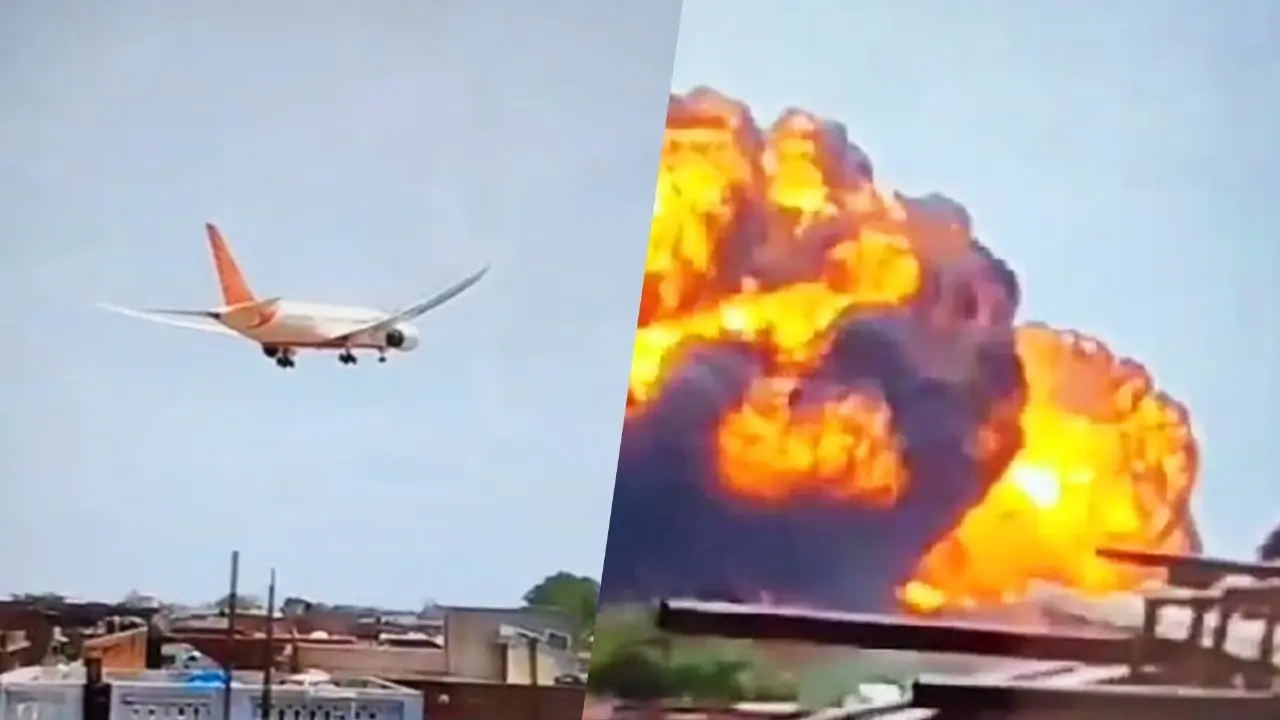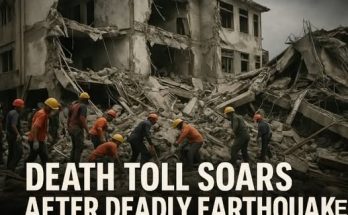A quiet weekend in the community of Lillooet, British Columbia, turned into heartbreak after a powerful mudslide swept through the region, claiming four lives and leaving another person unaccounted for. What began as heavy rainfall quickly spiraled into disaster, unleashing flooding, landslides, and the sudden destruction of homes, vehicles, and roads.
The Royal Canadian Mounted Police confirmed the tragic toll after days of search-and-rescue efforts. The first victim recovered was a woman found close to the initial slide zone. In the days that followed, crews located three more men who had lost their lives. One person remains missing, and with the ground still dangerously unstable, authorities fear recovery will be both difficult and uncertain.

The small town of Lillooet, nestled in the rugged Fraser Canyon, is no stranger to natural hazards. Surrounded by steep mountain slopes and rivers, residents are used to wildfires, floods, and winter storms—but the scale of this mudslide has stunned even long-time locals. One resident shared, “I’ve lived here for decades, and I’ve never seen anything like this. The earth just gave way, and in moments, lives were gone.”
Highway 99, the lifeline that connects Lillooet to the rest of British Columbia, was buried under debris and remains closed indefinitely. Its closure has not only slowed recovery but left the town feeling cut off and isolated. With supply routes disrupted, residents now rely heavily on community support and emergency services.
Rescue teams worked around the clock in dangerous conditions. Torrential rain, unstable slopes, and unpredictable terrain made the search exhausting. Despite the tireless work of specialized crews with drones and search dogs, officials ultimately scaled back operations due to the severe risks. British Columbia’s Chief Coroner, Lisa Lapointe, offered condolences to grieving families, saying, “We mourn with you and share in your unimaginable loss.”
For families, the grief has been overwhelming. Many waited in agony for updates, hoping for a miracle even as the reality became clear. A woman who lost her cousin described the heartbreak of waiting: “Every update breaks you all over again. You want to hope, but deep down you already know.”
Mudslides happen when heavy rainfall oversaturates soil on steep terrain, sending it crashing downhill. In mountainous regions like Lillooet, the risk is constant—and worsening. Experts point to climate change, deforestation, and wildfires as factors making these disasters more frequent and more powerful. As one geologist explained, “We live in balance with the land. When that balance tips, the results can be catastrophic.”
What makes this disaster especially painful is its suddenness. Families had no warning and no time to evacuate. In an instant, lives were gone. Among the victims were community members who made everyday contributions—a volunteer coach, a truck driver, and neighbors who had deep roots in town. At a vigil, students lit candles, sharing stories of the people they lost, painting a portrait of ordinary lives interrupted by extraordinary tragedy.
The broader impact of the mudslide is being felt across the province. With Highway 99 closed, the region faces transportation delays, trade disruptions, and supply shortages. Emergency funds are being mobilized, and local churches and community centers are stepping in to help. “In a town this small, every loss is personal,” the mayor said. “But we will stand together, because that’s what communities do.”
Natural disasters like this are reminders of both the power of nature and the resilience of human spirit. Officials are now pushing for stronger preparedness measures—better warning systems, clearer evacuation plans, and improved monitoring of landslide-prone areas. Yet while prevention is crucial, nothing can erase the pain of those already grieving.
Investigations into the slide will continue for weeks, with experts analyzing rainfall, soil, and slope conditions in hopes of preventing future tragedies. But for the people of Lillooet, the focus remains on healing. As one grieving father shared, “I don’t want answers for me—I already lost my boy. I want answers so no one else has to live this nightmare.”
The mudslide in Lillooet is more than a natural disaster; it is a human tragedy that cut short lives, left families shattered, and tested the strength of a community. Though the road will eventually be cleared and the land will recover, the memories of this loss will remain forever.
As British Columbia mourns, the rest of Canada stands with Lillooet. May the missing be found, may the departed rest in peace, and may the community continue to draw strength from one another as they move forward.
What are your thoughts on how small towns like Lillooet can prepare for disasters like this? Share your perspective below—your voice matters in this conversation.



